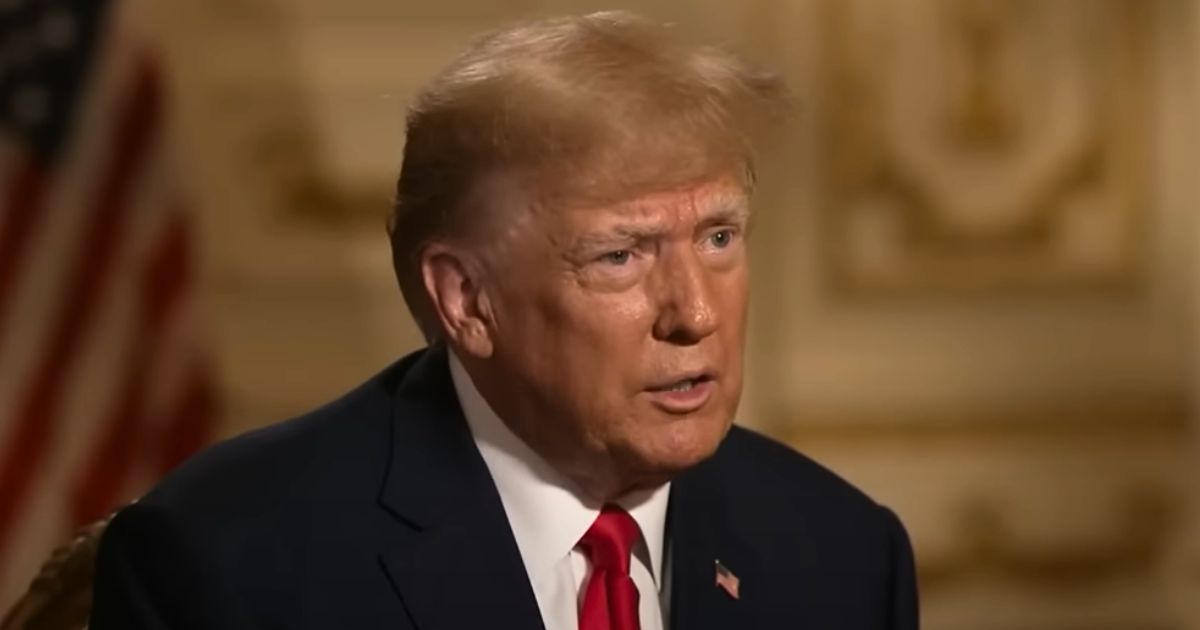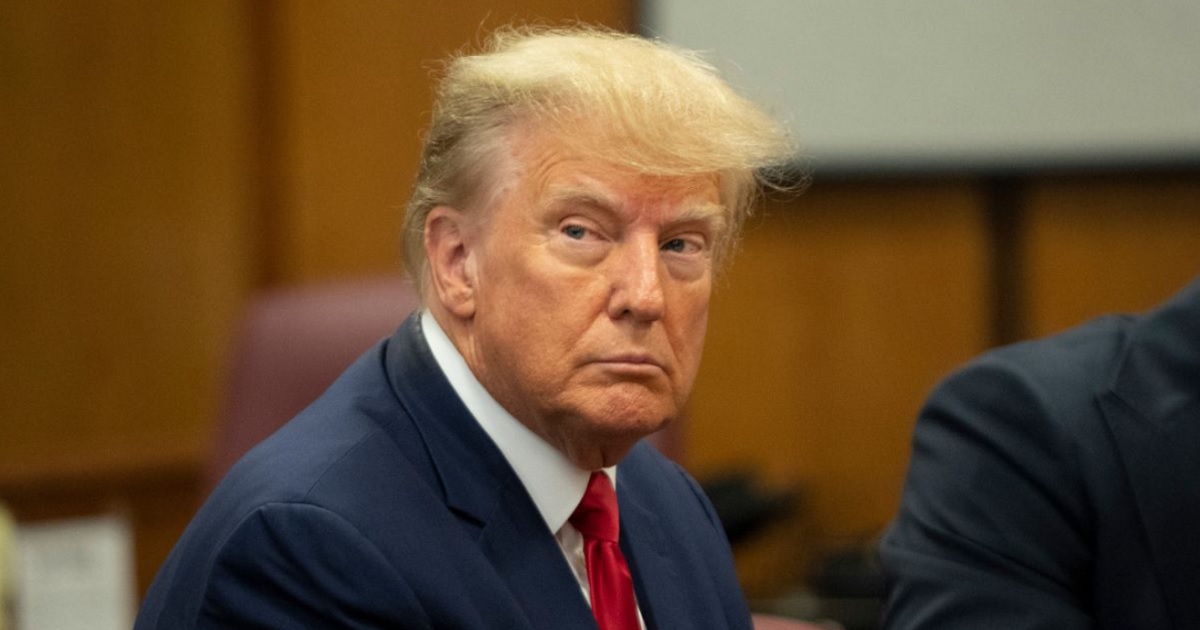House speaker's aide pleads guilty to DUI charges in wake of collision
Jeffrey Hayden Haynes, the chief of staff for House Speaker Mike Johnson, recently faced legal challenges after he was accused of driving under the influence.
In a dramatic turn, Haynes pleaded not guilty in a virtual court appearance, stemming from an incident in which he collided with a Capitol Police vehicle, as WJLA reports.
The event unfolded shortly after President Donald Trump delivered a speech to a joint session of Congress.
That night, Haynes, behind the wheel of his Tesla, struck a parked vehicle belonging to the Capitol Police. The incident took place in March and quickly escalated from a minor collision to a significant legal battle.
Top staffer arrested on misdemeanor charges
The U.S. Capitol Police (USCP) took Haynes into custody following the accident. He faced misdemeanor DUI charges, highlighting the severity of the situation given his high-profile role in the government. The arrest underscored the legal standards that even those in significant positions are required to obey.
At the subsequent legal proceedings, D.C. Superior Court Magistrate Judge Heide Herrmann presided over Haynes' case.
Haynes appeared via a virtual link, affirming his plea of not guilty and waiving the further reading of his charges.
To represent him, Haynes enlisted Stuart Sears, an attorney known for his expertise in white collar criminal defense and government investigations.
This legal expertise was deemed necessary given the complexities and potential ramifications of the charges.
Details emerge from arrest scene
The affidavit presented during the hearing sheds light on Haynes' condition at the time of his arrest. Descriptions pointed to him being unsteady on his feet, slurring his words, and even collapsing onto the passenger seat of his car -- a clear indication of impairment.
Further complications arose during a field sobriety test. Haynes reportedly needed assistance to prevent him from falling over, a fact that likely contributed to the charges against him. This physical evidence played a crucial role in the ongoing legal proceedings.
An interesting mishap occurred during the evidence collection phase. Haynes, requested to provide a urine sample, accidentally dropped it in the toilet, rendering it unusable. This incident added an unusual twist to the collection of evidence.
Court date scheduled amid growing public interest
The case has been scheduled for further examination on May 16, with all eyes now turning towards this date. This next court appearance is poised to be crucial for Haynes, as further details of the case are expected to be discussed extensively.
Attorney General for the District of Columbia Brian L. Schwalb is personally overseeing the prosecution. His involvement signifies the importance of the case, which deals not only with a personal misdemeanor but also with broader implications for public trust in government officials.
As the legal proceedings continue, Haynes remains at the center of a storm not just about his actions but broader questions of accountability and responsibility. His future, both professional and legal, hangs in the balance as the date approaches.
Public reaction, calls for oversight
The incident has sparked discussions on DUI laws and the responsibilities of government officials under the influence. Advocacy groups and the public alike watch closely, as outcomes could influence future regulations and oversight regarding officials' conduct.
While no statements have been made by House Speaker Mike Johnson or his office regarding the details of the incident, the political ramifications are palpable. It places the spotlight firmly on the behavior of those at the highest levels of governmental decision-making.
As the case unfolds, it serves as a reminder of the ongoing challenges that those in the public eye face regarding personal conduct and public expectation. This high-profile DUI case may indeed act as a catalyst for changes in how such cases are handled in the future, particularly regarding public figures.





